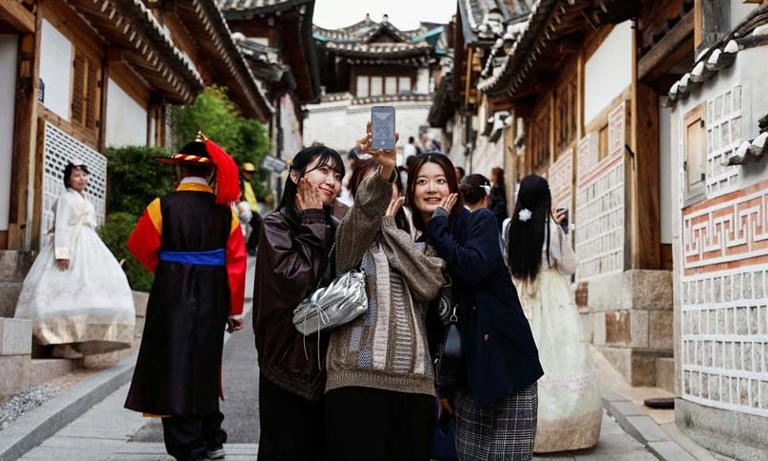In much of Africa, a passport is more than a travel document, it’s a symbol of possibility. The chance to study, work, reunite, or even seek refuge abroad. For millions, the idea of holding a passport that unlocks the world remains a distant dream.
But in Japan, where citizens hold the world’s second most powerful passport, that privilege is quietly being shelved.
Despite the Japanese passport granting visa-free access to 190 countries, just 17.5% of Japan’s population owns one, according to research by Newt travel app. That’s staggeringly low compared to South Korea’s 40%, the U.S.’s 50%, and Taiwan’s 60%. For many in Africa, where global visa restrictions remain steep, such a statistic feels surreal.
In Rwanda, for instance, the passport grants visa-free access to only 61 destinations. For Nigerians, it’s 45. And for Congolese nationals, only 42, most of them other African nations. Travel to Europe or North America often requires time-consuming, costly visa processes with uncertain outcomes.
Meanwhile, young Japanese citizens, despite their unique global access, are turning away from international travel altogether.
Why?
A weakened yen, high airfare costs, and concerns over safety abroad are among the top reasons, according to the Japan Association of Travel Agents (JATA). The yen has dropped in value by over 35%, making trips abroad much more expensive. Others cite fears over gun violence and crime in destinations like the U.S. and Europe.
“Travel doesn’t seem worth it anymore,” one 26-year-old Tokyo resident told local media. “I’d rather explore parts of Japan I’ve never seen.”
But the irony is striking. In a world where thousands of African migrants risk perilous sea journeys and endure humiliating visa rejections just to cross a border, a nation with nearly unrestricted access to the globe is choosing to stay home.
And yet, the world is rushing into Japan. The country welcomed over 21.5 million foreign tourists in the first half of the year, a 21% jump year-on-year, making it one of the hottest travel destinations on Earth. While Japanese citizens retreat inward, the rest of the world can’t seem to get enough of their food, culture, and natural beauty.
Some Japanese experts are calling for a rethink, suggesting that first-time travelers should be given free passports and more global exposure. But so far, the trend shows no sign of reversing.
For many in Africa watching this unfold, it raises difficult questions about global inequality, not just in wealth or development, but in mobility, who gets to move, and who is kept still.
Because in a world where borders remain tightly shut for some and wide open for others, the unused privilege of one may be the unreachable dream of another.








